Something was in the water back in 2009. It was a few years into the Xbox 360/PS3 generation, and developers were beginning to fire on all cylinders. That year saw the release of many iconic games that have cast long shadows over the years that followed, like Batman: Arkham Asylum, Left 4 Dead, Dragon Age: Origins, Demon’s Souls and Borderlands.
Though many important franchises started in 2009, it was also the year others that would go on to define the gaming industry leveled up. The first Uncharted and Assassin’s Creed games both launched in 2007 to mostly positive reception. But in 2009, Drake and Desmond returned with follow-ups so important they would become shorthand for “sequels that improves on the original game in every way.

Related
Ghost Of Yotei Could Be Tsushima’s Assassin’s Creed 2 Moment
Ghost of Tsushima was a solid but flawed game, just like the first Assassin’s Creed. Yotei could fix everything.
I’ve always had my quibbles with that general sentiment — the first Uncharted and Assassin’s Creed both have a ton of reasons to recommend them — but it’s undeniable that Naughty Dog and Ubisoft sanded off the rough edges and made era-defining games in the process. The problem is, I don’t think that’s possible anymore.
Assassin’s Creed 2’s Brilliant Iteration
Assassin’s Creed 2 iterated on its predecessor, it wasn’t a bold swing in an entirely new direction. The first game was technically open-world, but had very little for the player to do outside of the main missions. Its protagonist, Altair, is demoted at the beginning of the game, and has to work his way back into his order’s good graces by assassinating nine targets.
The game was built around these assassinations, with Altair spending time preparing for the kill, scoping out the location, and carefully executing the attack. No game has ever made violence feel so important before. That stuff was great, and unlike anything I’ve seen from the series since, but it lacked a world worth exploring outside of those missions, which themselves had grown repetitive before the story reached its end.
The game did get a ton of mileage out of its Leap of Faith feature, which had Altair climbing a tower to scope out a new area of the map, then jumping off and landing safely in a pile of hay. To this day, it’s still a hallmark of the franchise.
Assassin’s Creed 2 threw aside that linearity and invented the Ubisoft open-world template in the process. Ubisoft Montreal designed by addition, filling its world with things to do. There were wanted posters to tear down, foot races to engage in, cheating boyfriends to beat up, parkour challenges to complete, and a homestead to decorate. The map was crowded with markers. This was possible because Ubisoft Montreal quickly got to work iterating on its previous work and wanted to push things further than it ever thought possible.
Far Cry 3 tends to get credit for establishing the Ubisoft formula, but Assassin’s Creed 2 predates it by three years.
It’s not that developers aren’t making sequels anymore. The biggest triple-A games are usually sequels. In the past decade or so, the games from big developers that have stood the test of time (so far) and/or been received as instant classics, have mostly been sequels. The Witcher 3, The Legend of Zelda: Breath of the Wild, Red Dead Redemption 2, God of War, The Last of Us Part 2, Alan Wake 2, Baldur’s Gate 3 — those are the triple-A games I frequently see brought up as medium-altering standouts. There are exceptions, especially in the multiplayer space where Overwatch, Fortnite, and Valorant have all found massive success. But for single-player games, it’s sequels that drive the triple-A conversation.
That’s true for the same reasons it’s true in movies and books — the familiar is a safer bet over something new — but also for entirely different reasons. In video games, unlike in movies or books, sequels tend not just to do better, but to be better. Developers often say that it takes until near the end of a game’s development to really know how to make it. So, if you come right back for the sequel (or DLC, as the case may be), you suddenly have a leg up. Assassin’s Creed 2 benefited incalculably from being made by a studio that had already made an Assassin’s Creed game before.
Long Development Cycles Make Iterative Design More Challenging
But that kind of iteration is increasingly difficult. Assassin’s Creed 2 arrived two years after Assassin’s Creed. That’s an extremely short development cycle by modern standards, but at that point, it was the industry standard. The PS2 GTA trilogy’s burst of era-defining creativity similarly arrived over the course of just three years. When cycles were that quick, developers could be nimble, expanding on a mechanic from the previous game here, cutting a mechanic there, throwing in something entirely new (like San Andreas’ weight loss/weight gain system) there. A new GTA or Assassin’s Creed or Uncharted didn’t have to be a sales juggernaut for five years while the studio slowly worked on their follow-ups, which provided more room for experimentation.
Perhaps more importantly, a studio could take a chance on making a sequel to a game that received a good but not great reception. The first Assassin’s Creed was well-received, with 81 on Metacritic, but the sequel jumped up to 90. The Witcher and Divinity series, which produced two of the defining RPGs of the PS4 generation, began their lives with similarly muted receptions. Video game masterpieces are made on the foundation of their predecessors.
Could the sequel to this year’s Alone in the Dark have been that kind of major step up? We’ll never know because THQ Nordic shuttered developer Pieces Interactive. What about the sequel to Immortals of Aveum? We may never know, as the fate of the series is unclear after layoffs at developer Ascendant Studios. Maybe Forspoken? No, developer Luminous Productions was absorbed into Square Enix. I don’t love any of those games. But a healthier industry would have room to let initial misses grow into hits.
The first Assassin’s Creed was better received than any of those games and sold well, so the analogy isn’t perfect. But, like many other first entries, it laid solid, messy groundwork that future games would later build on. In 2024, developers are getting axed before that process can even begin.
4:02
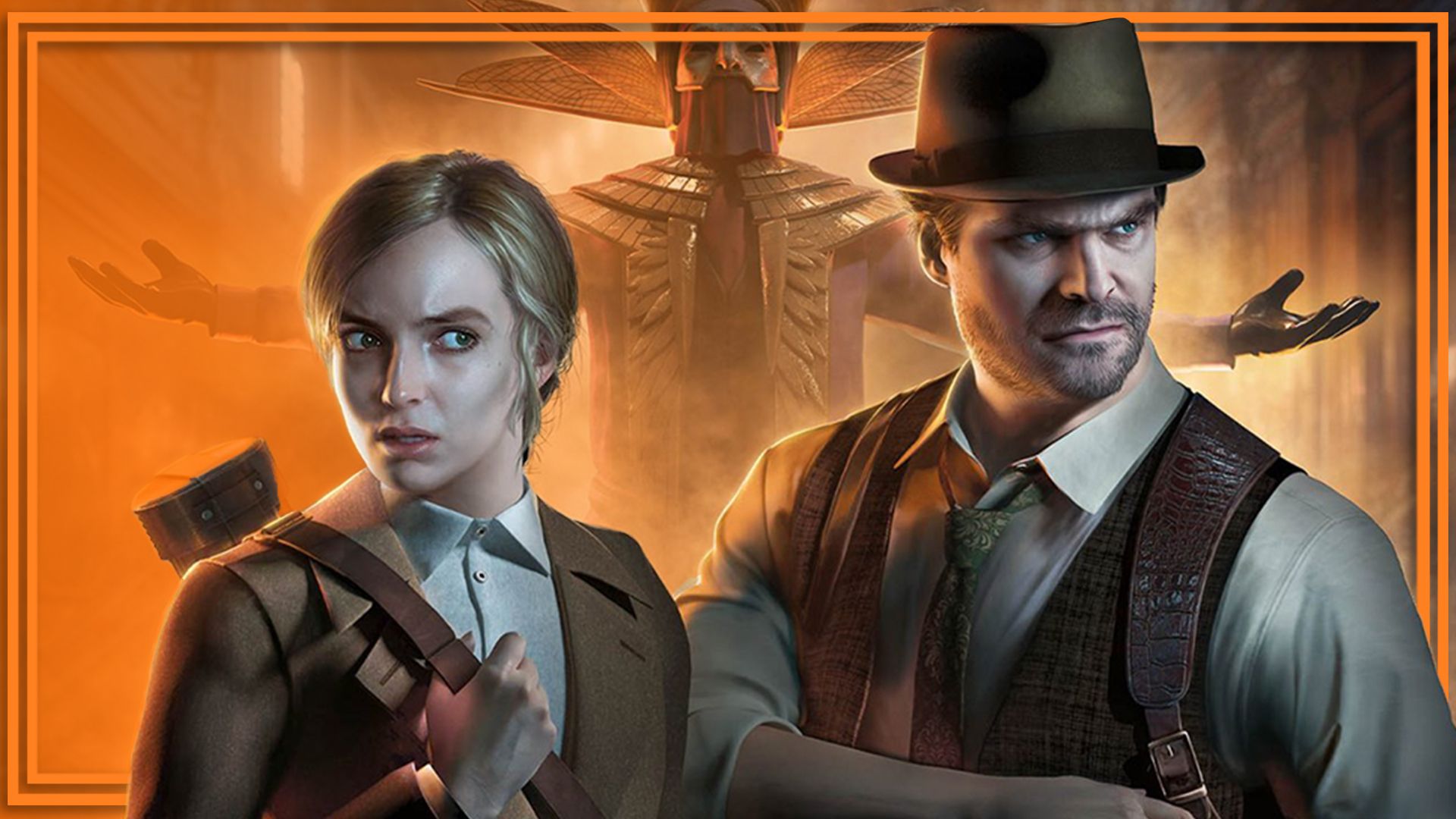
Next
Alone In The Dark Proves That Games Aren’t Allowed To Fail Anymore
A game underperforming is now a death sentence to all but the largest game studios.
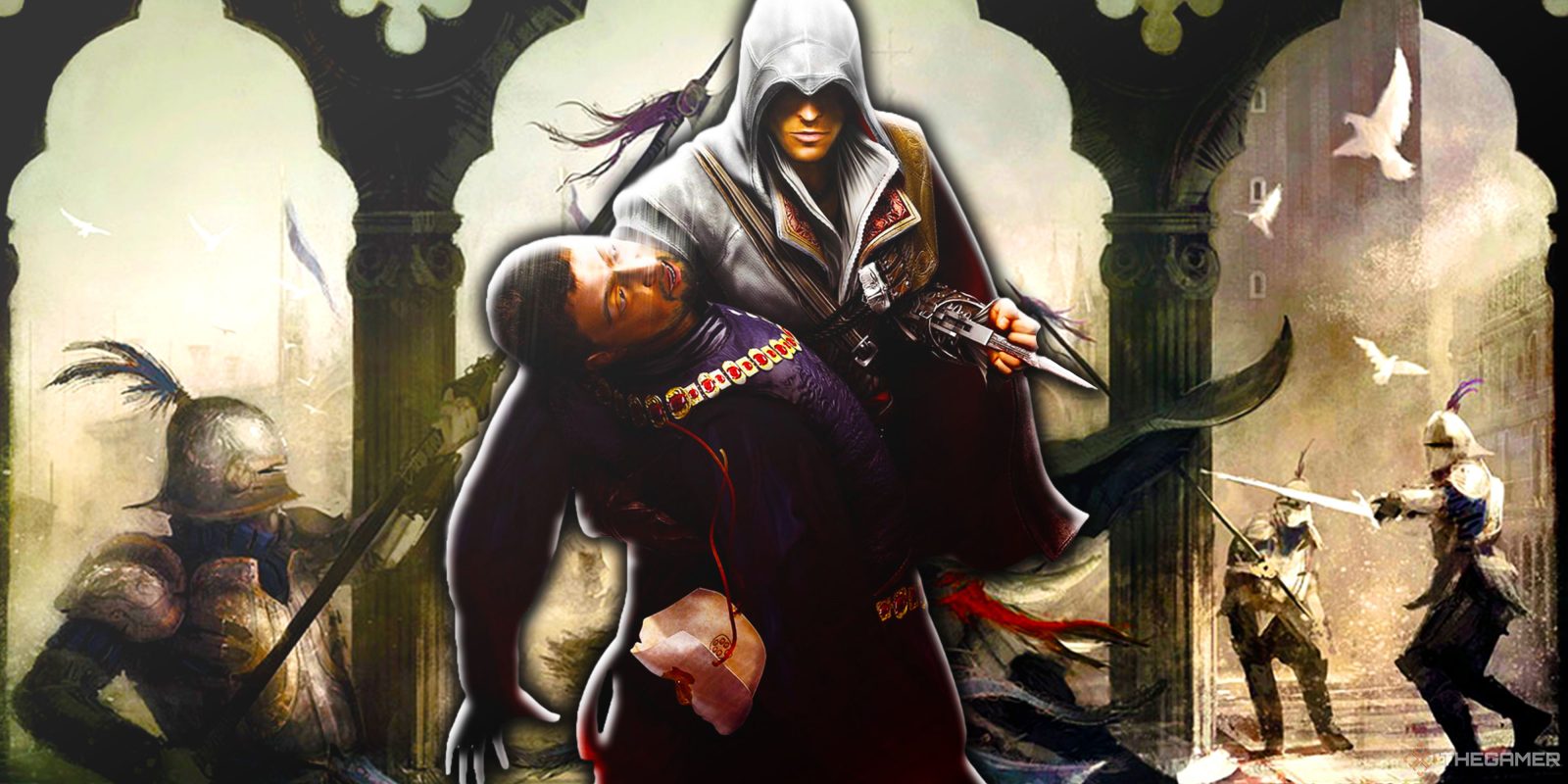

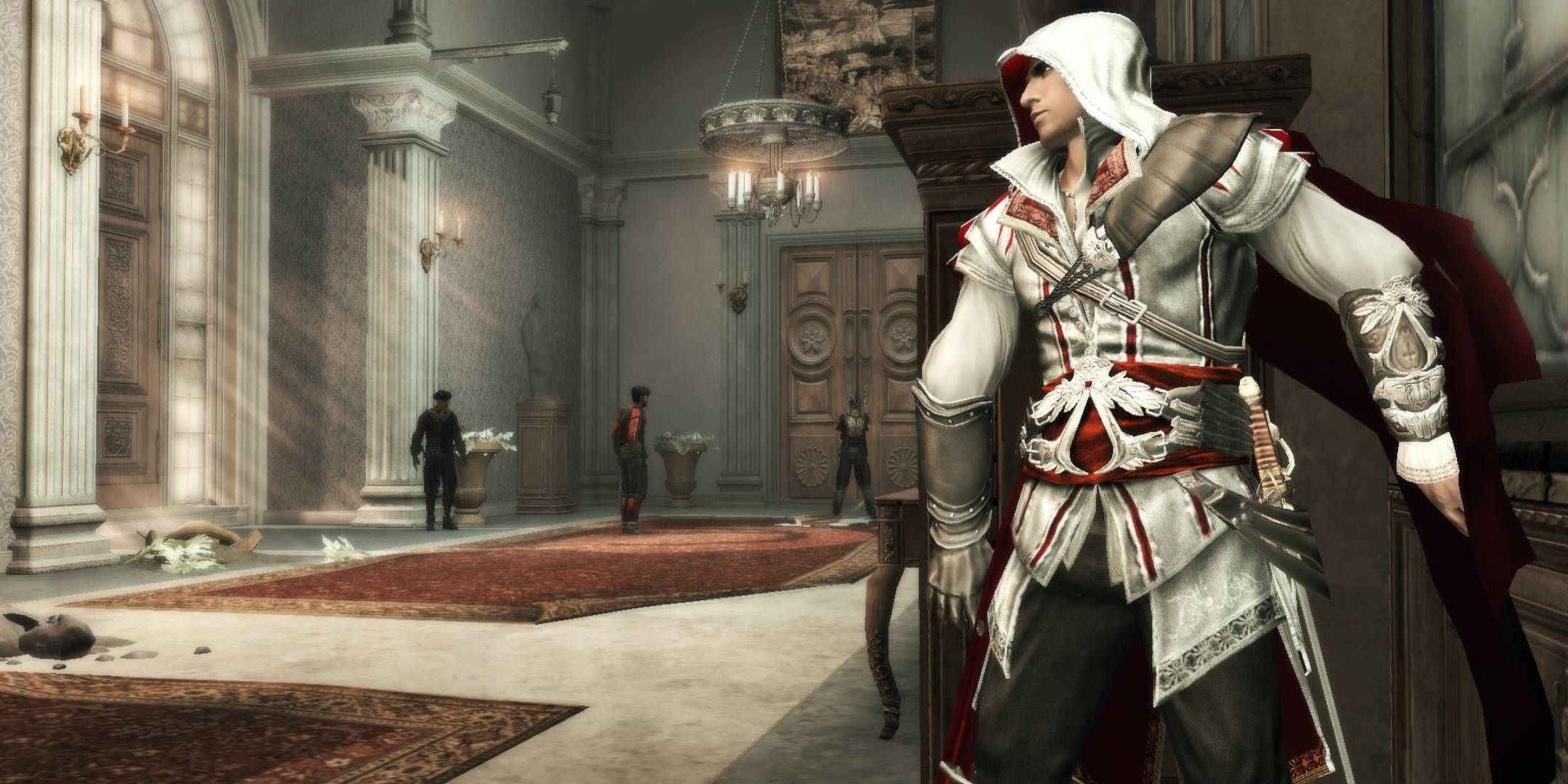
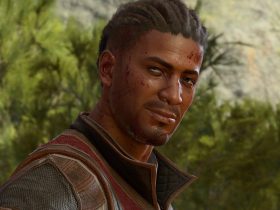
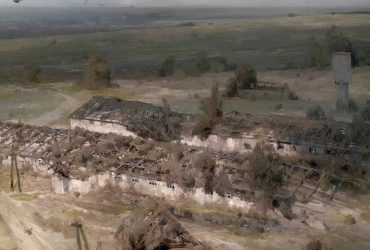
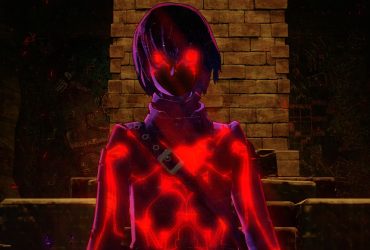
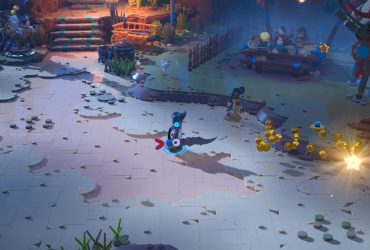
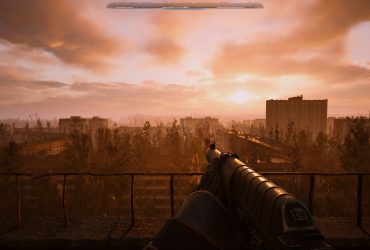
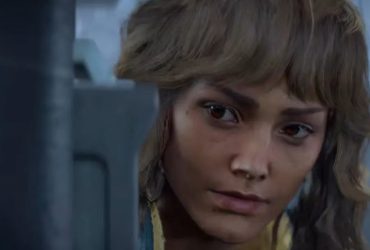

Leave a Reply